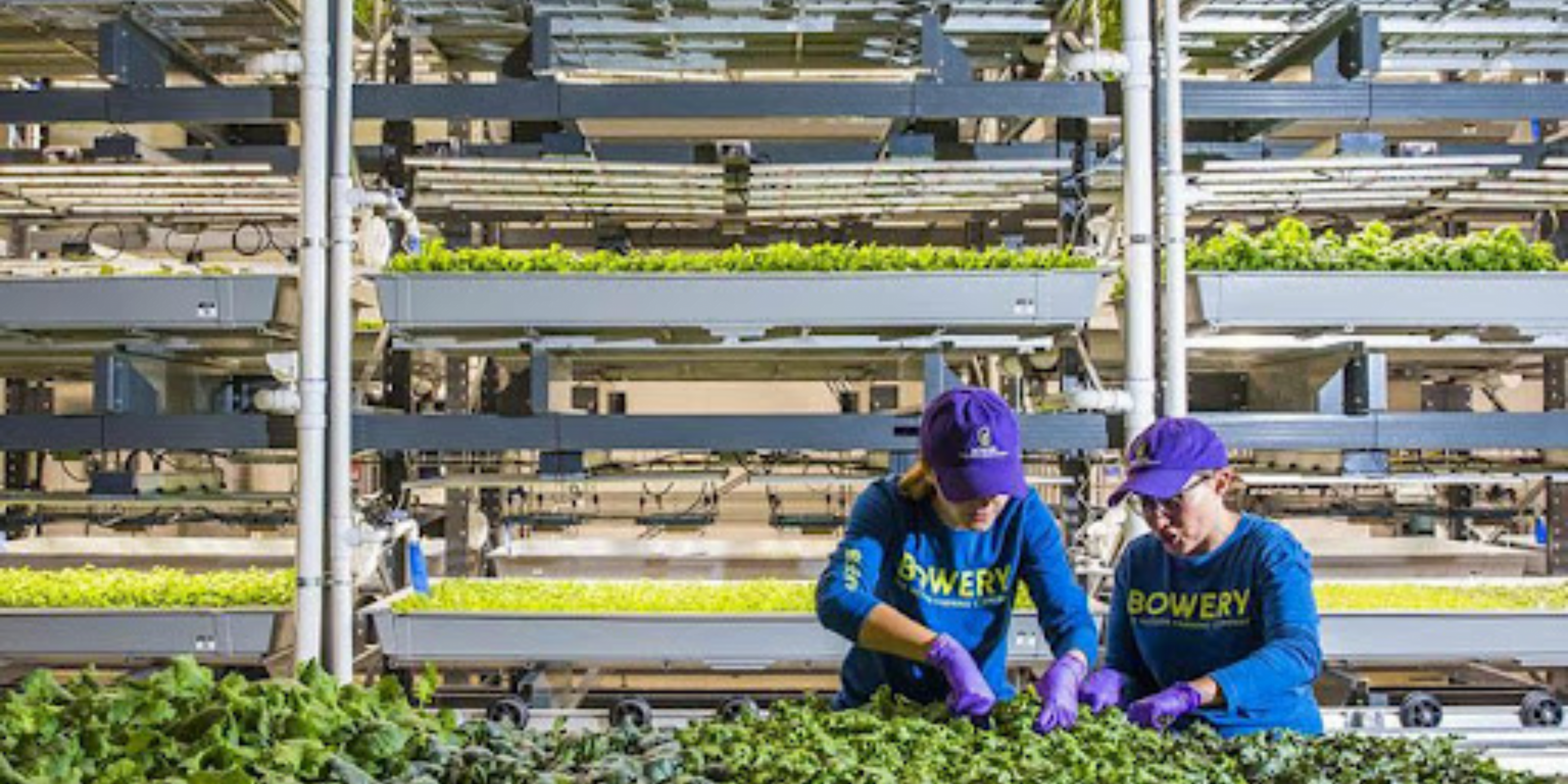The Benefits Of Indoor Organic Gardening - Growing Fresh Products Year Around
Indoor organic farming is very beneficial for the environment as well as the crops as it does not need hazardous fertilizers and pesticides to grow. Moreover, the crops grown are healthier, better and fresh. Following are some advantages to indoor organic farming.
Maximizes space

These plants require far less space than plants grown in soil. One reason for the smaller footprint of these plants is that the roots do not have to spread out to search for nutrients and moisture. Water and nutrients are delivered to the roots directly, either intermittently or constantly. This means that each plant’s root system can take up far less space, resulting in the ability to grow more plants in a smaller space.
Crops grow faster

Most fruits and vegetables take several months to reach maturity using traditional methods. Plants must take their nutrients from the soil, which can be a slow process. What nutrients they absorb are often wasted through the maturing process. In this kind of farming nutrients are more easily available for the plant to absorb. The grower can control light, heat, nutrients, hydration, pests, and all other aspects of the growing process. This means the whole cycle can be streamlined for larger, faster-growing plants with a higher yield.
Producing higher yields

Creating ideal conditions ensures plants receive the perfect amount of nutrients, which come in direct contact with roots. Additionally, microclimates allow for year-round growth and faster crop cycles. All of this adds up to create far higher yields than traditional farming methods.
Producing high quality foods

When it comes to fruits and vegetables, fresher is unmistakably better. Few people happen to live in an area where they can get fresh produce year-round due to climate and soil conditions. These crops can be grown just about anywhere. This means they can be picked at the peak of ripeness since they don’t have far to go before they reach the homes and restaurants where they’ll be enjoyed.
Reduces supply chain

There are more benefits to growing produce locally than the ripening process and its benefits. At traditional commercial growing operations, lots of water and energy is used to grow crops and maximize outputs. Then crops are harvested using even more energy. They’re transported long distances on fuel-burning refrigerated trucks or trains to their supermarket destinations. Finally, they’re often preserved using chemicals that increase the product’s shelf-life. Growing indoors will thereby save time, money and efforts.
Reduces the need for soil

The world is quickly losing workable soil. This is due to erosion, compaction, loss of soil structure, nutrient degradation, and salinity. This doesn’t happen indoors, hence, the soil will be healthier and will be required much less than what is required in traditional methods.
Here are some other blogs which make your Green Space Greener!
- Gardening Calendar Blogs
- Sustainable Gifting Ideas
- Gardener Stories
- Garden Care Blogs
- Miniature Garden Decor
- Gardening Workshops
Have a look at some amazing Videos on Gardening that might help you!
- Tips on planting homegrown plants and creating art with them as a beginner.
- How to preserve, plant, and grow flower seeds in monsoon, winter, and other seasons.
- Growing different vegetables, winter vegetables especially, and tips and tricks to preserve.
- Preserving fruits such as strawberries, Papaya, watermelon, muskmelon, etc.
- Know all about microgreens using examples such as microgreen spinach, microgreen sunflower, microgreen mustard, microgreen flax, etc.
- Using gardening tools such as pots, trays, growing bags, moss sticks, watering cans, etc.
Here are some Workshops that might help you if you are new to Gardening!
- Learn how to propagate plants.
- Know more about growing medicinal plants and herbs.
- Workshop on A to Z of Microgreens.
- Know about a few plants that you can grow in your kitchen.


Tips are very helpful for gardening
This blog help me in finding which plant is good for which soil
These blogs helps in good quality yields in my garden